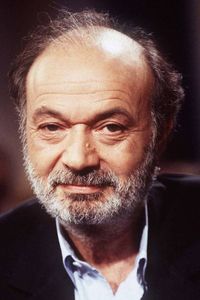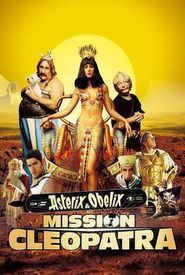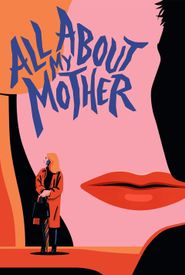Claude Berri, a multifaceted French cinematic mastermind, emerged onto the scene on July 1, 1934, in the City of Light, Paris, France. Born Claude Beri Langmann, this talented individual would go on to make a lasting impact on the world of film, leaving an indelible mark on the industry as a director, writer, producer, actor, and distributor.
Berri's early life was shaped by his parents, Beila (née Bercu) and Hirsch Langmann, who were Jewish immigrants from Romania and Poland, respectively. This diverse cultural heritage would later influence Berri's work, as he drew inspiration from his rich and complex upbringing.
Berri's sister, Arlette Langmann, was also a talented individual in her own right, making a name for herself as a screenwriter and editor. It's clear that the Berri family was a hotbed of creative energy, with each member contributing their unique talents to the world of film.
The illustrious career of Berri, a filmmaker whose accomplishments have been met with widespread recognition and acclaim. Throughout his professional journey, Berri has had the distinction of receiving numerous prestigious accolades, including the coveted "Best Film" BAFTA Award for his work on Jean de Florette. Despite being nominated for a staggering twelve César Awards, Berri has yet to claim the top prize in this esteemed French film awards ceremony.
However, Berri's impressive résumé is not limited to his French-language endeavors. In 1966, he took home the Academy Award for Best Short Film for his work on Le Poulet, a remarkable achievement that further solidified his reputation as a talented and accomplished filmmaker.
Berri's influence extends beyond his own creative endeavors, as he has also served as a producer on several notable films. One such project, Roman Polanski's Tess, was nominated for the Best Picture award at the 1981 Academy Awards, a testament to Berri's keen eye for talent and his ability to nurture and support the work of other visionary filmmakers.
Jean de Florette and Manon des Sources, two remarkable films directed by Berri, enjoyed immense popularity globally in the year 1986, leaving a lasting impact on the cinematic world.
Internationally renowned for his masterful storytelling, Berri's film Uranus was selected for the 41st Berlin International Film Festival in 1991, showcasing his exceptional directorial skills to a global audience.
Six years later, in 1997, Berri's film Lucie Aubrac was entered into the 47th Berlin International Film Festival, further solidifying his reputation as a prominent filmmaker.
Bertrand Berri, a prominent figure in the French film industry, assumed the role of President of the Cinémathèque Française in the year 2003, marking a significant turning point in the institution's history.
Berri's personal life was characterized by a profound sense of sorrow and loss, as he was devastated by the tragic and untimely death of his beloved wife, Anne-Marie Rassam, in the year 1997. This devastating event had a profound impact on Berri's life, leaving him to navigate the complexities of grief and loss.
Berri and his wife Anne-Marie had two children together, both of whom would go on to pursue careers in the entertainment industry. Their eldest child, Julien Rassam, is an accomplished actor, known for his versatility and range on the big and small screens. Berri's younger child, Thomas Langmann, is not only an actor but also a successful film producer, with a keen eye for storytelling and a deep understanding of the cinematic arts.
Noted French art collector and philanthropist, Berri, left this mortal coil on January 12, 2009, at the ripe old age of 74, as a result of a stroke, a cruel fate that took him from us far too soon.
In the aftermath of his passing, a remarkable collection of nine works by some of the most celebrated artists of our time, including the likes of Robert Ryman, Ad Reinhardt, Giorgio Morandi, Richard Serra, and Lucio Fontana, were bequeathed to the esteemed Centre Pompidou in the City of Light, Paris.
However, in a surprising turn of events, Berri's heirs ultimately decided to part with the prized artworks, selling them to the prominent French art dealer, Philippe Ségalot, for a staggering sum of approximately €50 million, with the buyer being none other than the wealthy and influential nation of Qatar.









































